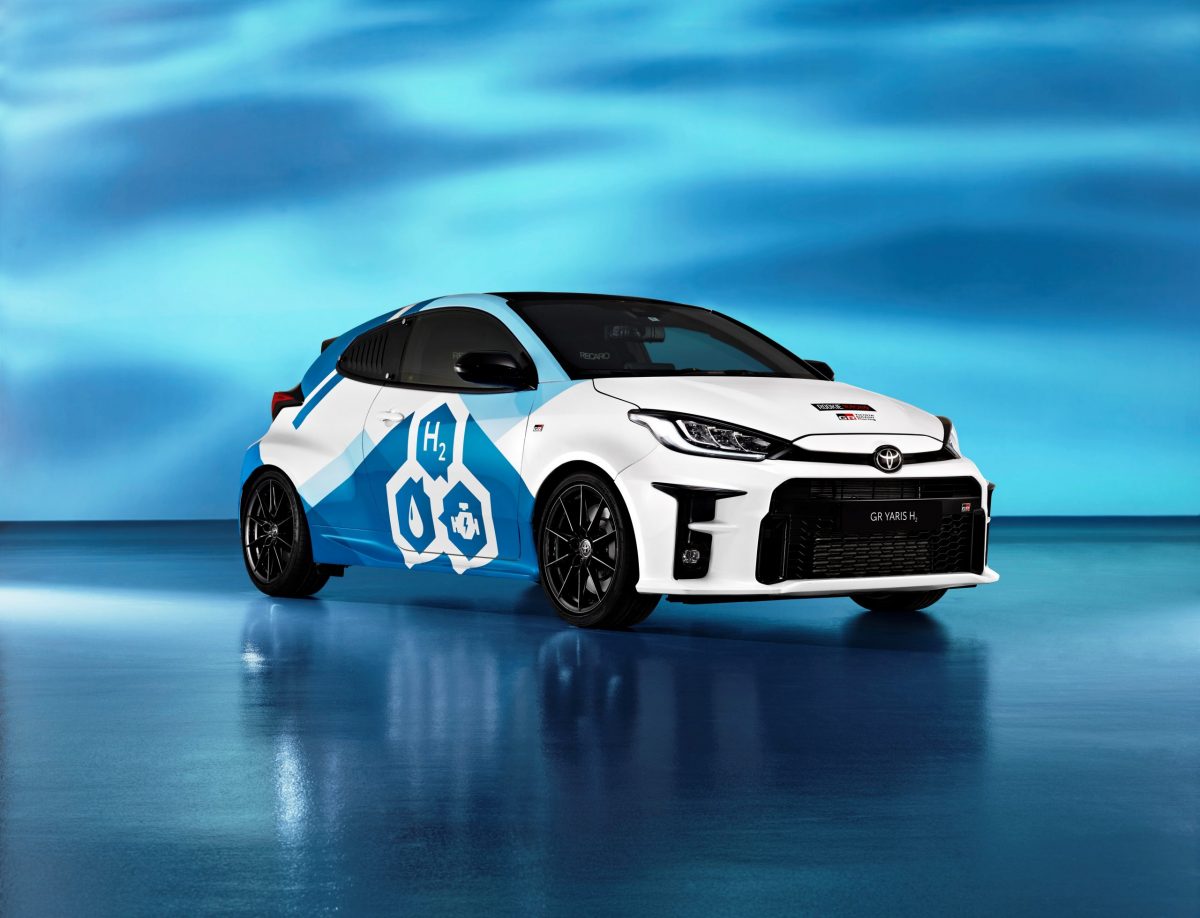Toyota introduced its experimental hydrogen-powered internal combustion engine technology on the GR Yaris. The model could go into series production as an alternative to electric vehicles.
The experimental model uses a hydrogen-powered version of the 1.6-liter turbo three-cylinder engine from the racing version of GR Yaris, which competes in the Japanese Super Taikyu series. The fuel and injection systems have been modified, but for the use of hydrogen.
The hydrogen supply process and the tank of this experimental Japanese vehicle are the same as those on the new Mirai, the commercially available 100% electric fuel cell vehicle.
Unlike the Mirai, which uses the chemical reaction in the combustion cells to generate electricity, the GR Yaris H2 has an internal combustion engine that burns only hydrogen.
Corolla Sport H2 competes in the Super Taikyu series
ENTER THE PHOTO GALLERY
Toyota has been testing hydrogen combustion technology on a slightly modified version of the Corolla Sport for several months. The Japanese claim that hydrogen combustion technology It allows this experimental vehicle, which uses the same 1.6-liter turbo engine, to generate almost zero carbon dioxide emissions without being a 100% electric car.
By the way, Corolla Sport H2 already competing in the Super Taikyu racing series in Japan in May this year, under the ROOKIE Racing subsidiary of Toyota GAZOO Racing, where the team accepted the challenge of testing the experimental engine in tough racing conditions.
The Japanese manufacturer says that hydrogen burns at a faster rate than gasoline, which results in a good response capacity, while providing excellent performance in terms of environmental protection.
Beyond being extremely clean, hydrogen combustion has the added potential to provide a unique driving experience with acoustic and sensory sensations that characterize internal combustion engines.
Source: Toyota
–


